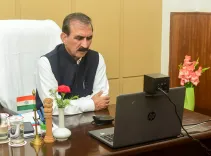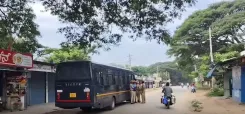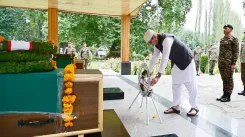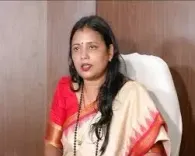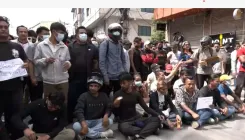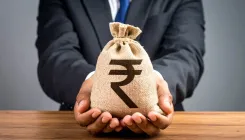Is Congress Twisting Devda's Words to Discredit a Dalit Leader?
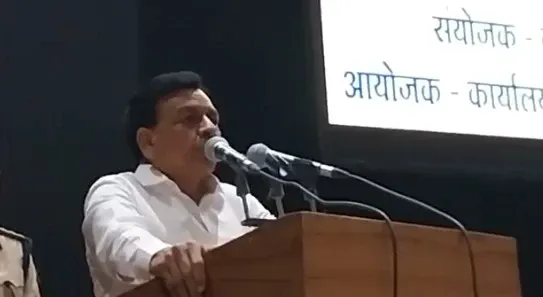
Synopsis
Key Takeaways
- Political controversy surrounding Jagdish Devda's remarks.
- BJP defends Devda against Congress accusations.
- Implications for Dalit representation in politics.
- The significance of Operation Sindoor.
- Continued tensions between BJP and Congress.
Bhopal, May 16 (NationPress) A political controversy ignited on Friday when a 'misrepresented' version of Madhya Pradesh Deputy Chief Minister Jagdish Devda’s comments spread widely, 'incorrectly' implying that he stated 'the Army bows at Prime Minister Narendra Modi’s feet.'
The BJP swiftly rallied to his defense, accusing the Congress of 'intentional distortion' and 'misrepresentation' of Devda’s words.
BJP IT Cell chief Amit Malviya criticized the Congress, claiming the party is politicizing the courage and sacrifices of the armed forces.
“The Congress is trying to create a sensation and propagate a false narrative by purposefully misinterpreting Deputy CM Jagdish Devda’s statement,” Malviya remarked on X.
He further accused the Congress of targeting Devda due to his Dalit background.
“The Congress cannot accept that a Dalit leader occupies such a significant role,” he stated.
Devda’s comments came while discussing Operation Sindoor, initiated by the Indian Army after the Pahalgam terror incident on April 22, which claimed 26 lives.
“Following the Pahalgam attack, the entire nation was outraged. The terrorists demanded names and religions before executing tourists. People were enraged and sought retribution. We must express our gratitude to Prime Minister Narendra Modi,” Devda conveyed in a viral video.
He further stated: “Aur desh ki woh sena, unke charnon mein poora desh natmastak hai.” (And the nation’s army -- our entire country bows at his feet.)
The Congress quickly retaliated, sharing the video on its official X handle, labeling the statement as “cheap and shameful.”
“The nation is honoring its brave soldiers, yet at this moment, BJP leaders are undermining the Army’s dignity. The BJP and Jagdish Devda should apologize and resign,” the party declared.
This controversy surfaces amid ongoing tensions between the two parties, especially after derogatory comments made by MP Tribal Welfare Minister Vijay Shah against Colonel Sofiya Qureshi, which the Madhya Pradesh High Court described as “gutter language” and mandated an FIR against the Minister.

